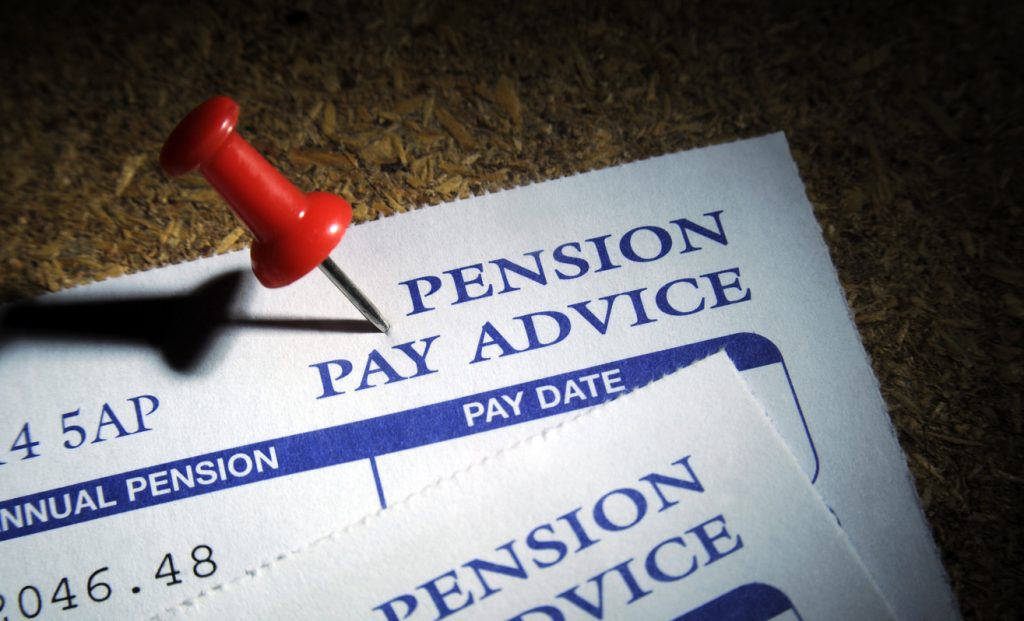Understand Your Rights. Solve Your Legal Problems


Here Anna Rogers, Senior Partner at specialist pensions law firm, Arc Pensions Law, examines the implications of the ruling, reasoning that the change will be hard to handle for the Pension Protection Fund (PPF), but the financial impact will be mitigated.
Last month’s judgment by the European Court of Justice (CJEU) in the Bauer case will be welcomed by employers sponsoring DB (Defined Benefit) UK pension schemes. It related to Article 8 of Directive 2008/94/EC (protection of employees’ pension rights on employer insolvency).
The CJEU did rule that the current minimum level of protection is too low if it means that the member is living below the “at risk of poverty” level in the Member State concerned, as measured by Eurostat. However, despite the strength and scope of Advocate-General Hogan’s contrary recommendation, the CJEU did not require the State directly or indirectly to guarantee all pensions in full.
From an M&A perspective, this will provide some relief because sponsors will not have to quickly inject major top-up contributions, as had been feared.
Sponsors will not have to quickly inject major top-up contributions, as had been feared.
Why the worry? The statutory funding regime in the UK can be seen as a compromise. The Directive on Institutions for Occupational Retirement Provision (IORP Directive) requirement to be ‘fully funded at all times’ is interpreted to allow considerable latitude about quantum and timing. This works because the Insolvency Directive has been interpreted as allowing less than 100% protection from the Pension Protection Fund (PPF). There is a monetary cap and a 10% haircut for those under retirement age, and lower future pension increases for some.
The PPF is already working on implementing a previous CJEU ruling in Hampshire that said the level of compensation had to be at least 50% of the affected scheme pension for each individual. If 100% protection for all was required, Parliament would surely want DB schemes to be required to fund at the same level. Contributions and levy payments would have to rise significantly. The consolidation and buyout markets could be profoundly affected and some employers may fail as a result of the acceleration in cost.
So the ruling has mitigated the impact on DB scheme sponsors. It does, however, still bring some challenges in practice.
State pensions may go a long way towards meeting the poverty test, but not for everyone. Further increases to PPF compensation and therefore the levy will be required. It is hard to estimate the quantum of any impact. DB schemes have to value their PPF liabilities and these are now somewhat uncertain.
Will Brexit mean the ruling can be ignored? The Directive and the CJEU ruling will apply up to the end of the implementation period. After that, the European Union (Withdrawal) Act 2018 continues the application of all EU-derived law until and unless it is amended by Parliament. Alignment constraints under a future trading relationship may or may not include complying with the Insolvency and IORP Directives. How the “at-risk-of-poverty” level might be assessed after Brexit is also uncertain.
The impact of Bauer will be greatest on employers with low paid staff, creating enormous challenges for the pension scheme in monitoring funding levels. The coming ‘Pensions Dashboard’ may help, in 2021 or later, but that won’t show earnings. Only HMRC will have information about combined income, and then only if the member is within the tax system. Presumably the onus for claiming top-up compensation from the PPF will be on the individual.
[ymal]
Protecting a minimum level of income could be seen as penalising those who saved more, or who are still working. Will the PPF be able to prevent them choosing to stop working? Or to spend their savings, or cash in their pensions?
The Government could perhaps comply by guaranteeing that those in receipt of PPF compensation are entitled to a minimum State income that takes them above the “risk-of-poverty” threshold. But this dramatic step would require wholesale reform of the social security payments system; and it would require the income of the “haves” to be supported by taxpayers, many of whom are “have nots” when it comes to pensions.
So it seems fair to say that a funding crisis has been averted, but implementing this ruling could be quite a headache for the UK DB pensions system.


